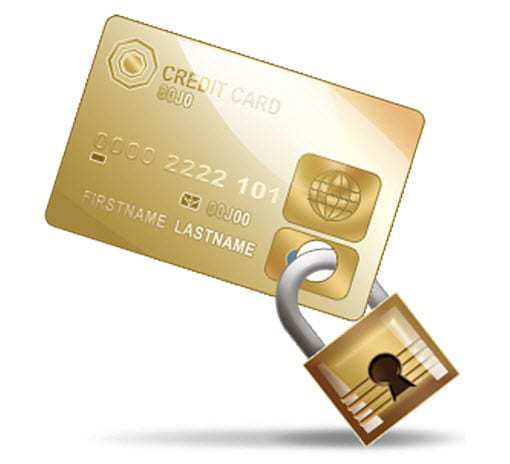 Experts are predicting that the amount of fraud will rise as the usage of these services grows.
Experts are predicting that the amount of fraud will rise as the usage of these services grows.
Though slow to start in terms of consumer adoption, mobile payments technology has the potential to revolutionize the way that purchases are made and transactions are completed.
At the same time, as with any growth in technology popularity, this opens the door to fraud.
Industry experts are finding that as the trend grows toward the use of mobile payments technology, so does the concern regarding its security and the protection that it provides for an individual’s privacy.
Mobile payments and the risk associated with its use will grow at a similar pace.
Security concerns remain one of the primary barriers that the mobile payments industry faces before it can achieve acceptance from consumers. Though its use is on the rise, so are the worries about what could happen if a fraudster should decide to try to obtain an individual’s private and sensitive information.
Experts are recommending that individuals who use their devices for mobile payments purposes – whether that be making purchases in stores or paying bills online – should take some extra efforts to add security to their own devices and behaviors The first among all of these recommendations is to “lock” the device with a password. That way, stored data has greater protection in case the device is ever lost or stolen.
It is also being recommended that individuals who use their smartphones and tablets for mobile payments also install additional trusted security software. At the same time, when other apps are downloaded, it is important to make sure that they are from only known and trusted sources, to keep malware risks at a minimum. The same can be said about connecting to the internet over free public Wi-Fi.
Moreover, the behaviors of the mobile payments user should also be security friendly. For instance, bank account and personal data such as address information should not be stored on the device. That way even if the device is stolen or accessed through malware, the data that could be taken would not produce a high fraud risk to the user.
